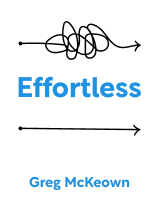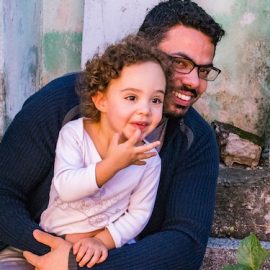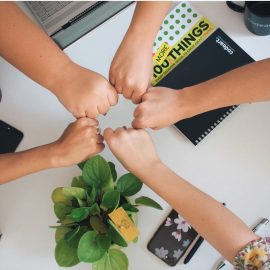

This article is an excerpt from the Shortform book guide to "Effortless" by Greg McKeown. Shortform has the world's best summaries and analyses of books you should be reading.
Like this article? Sign up for a free trial here.
Do you find it difficult to forgive people who’ve wronged you in some way? How does holding grudges prevent you from being happy and productive?
Holding grudges is an unhealthy psychological tendency that harms no one but yourself. When we cling to grudges and emotional burdens, we become stuck in the past, unable to fully move forward with our lives.
Here’s how to let go of grudges and resentment, according to Greg McKeown.
Letting Go of Grudges
The first step to letting go of grudges is to ask ourselves what emotional need our grudges are filling. If we can better understand why we’re holding a grudge, it will be easier to let it go. Here are a few key reasons we hold on to grudges:
They give us a sense of power: When we hold a grudge, it’s often because we feel we’ve been wronged. Holding the grudge makes us feel like we’re in the right and superior to the one who wronged us. In reality, the grudge holds power over us, not the other way around.
They garner sympathy from others: Grudges can also be used to express our victimhood. When we share our grudges with others, it can help us feel supported in a time of vulnerability.
They justify our fear or mistrust: Sometimes we hold a grudge so we have a reason to hold on to negative emotions like fear, anger, or resentment. But if we can’t let go of the grudge, the negative feelings we associate with them will stay with us, as well. In the end, the only person a grudge hurts is you.

———End of Preview———
Like what you just read? Read the rest of the world's best book summary and analysis of Greg McKeown's "Effortless" at Shortform.
Here's what you'll find in our full Effortless summary:
- Why you don't need to hustle and burn out to achieve your goals
- Why the easiest path to success is the most viable
- Actionable advice for how to achieve effortless success in life






